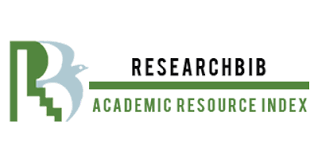PEDAGOGICAL-PSYCHOLOGICAL CHARACTERISTICS AND FACTORS OF DEVELOPING COMMUNICATIVE COMPETENCES OF FUTURE ENGINEERS
Keywords:
communicative competence, academic conditions, professional conditions, communicative difficulties, language skills, engineering skills.Abstract
This article is focused on the analysis of pedagogical-psychological characteristics of developing communicative competence in future engineers. Also, such problems as the role of English language in engineering science, communicative difficulties the students may run into during academic and professional conditions, pedagogical features of teaching English language to engineering students were investigated.
References
Hutchinson, T. & Waters, A. (1987). English for specific purposes: A Learning-Centered Approach. Cambridge University Press.
John Weiss, M. A. (1997). Text, Role and context: Developing Academic Literacies. Cambridge University Press.
Belcher, D. & Hirvela, A. (2001). Writing and identity: The Discoursal Construction of Identity in academic writing. John Benjamin Publishing.
Dudley-Evans, T. & Least Tree-Cutting John, M. J. (1998). Developments in English for specific purposes: a multi-disciplinary Approach. Cambridge University Press.
Kramsch, C. (1993). Context and culture in language teaching. Oxford University Press.
Hewings, M. (2002). English for specific purposes: A discourse analysis Approach. The Continuum International Publishing Group.
Flowerdew, J. & Peacock, M. (Ed.). (2001). Research perspectives on English for academic purposes. Cambridge University Press.







